|
It was a simple tweet. I posted a picture from the second day of school, showing my own annotations of a C.S. Lewis essay with the caption, “Teaching students annotation means modeling my own.” To my surprise, author Stephen Chiger responded that he taught the same, most notably in his book Love & Literacy published in 2021 for Uncommon Schools, a public charter network in New York, New Jersey, and Massachusetts.
Intrigued, I wanted to see if a design to foster reading and literacy in urban public schools might share some practices with classical education. The premise of the book is a true ideal: “This is what love in a literacy classroom looks like: a love for the conversation, love for the text, and love for the ideas they both spark. When that includes all students, magic happens.” I kept reading. In the history of education in America, many Americans no longer know how common schools became more than an idea. Nor do they know who made the first strides in these efforts.
Thomas Jefferson attempted to establish a decentralized public school system more than once, a plan based on localized districts within counties. In his 1778 “Bill for the More General Diffusion of Knowledge,” he stressed the need for vigilant citizens who would constantly be on guard against the ambition of rulers, especially at the state or federal levels. Jefferson wanted to educate all students as future citizens in a republic and at the same time provide expanded opportunities for men to develop into the future political leaders of Virginia. At his 1838 Lyceum Address in Springfield, Illinois, Abraham Lincoln advocated that schools should teach a reverence for our American democracy: “Let reverence for the laws be breathed by every American mother, to the lisping babe, that prattles on her lap—let it be taught in schools, in seminaries, and in colleges; let it be written in Primers, spelling books, and in Almanacs;—let it be preached from the pulpit, proclaimed in legislative halls, and enforced in courts of justice. And, in short, let it become the political religion of the nation.” Building on this idea of citizenship, William Holmes McGuffey (1800–1873) strove to openly cultivate Christian character by developing readers in the growing American West independent of British influence. The McGuffey Readers introduced students to the classics, to morality, and to good character. Seven million readers were sold before 1850 with thirty-seven states adopting them by 1890. McGuffey’s influence held for decades. In his examination of McGuffey’s life and curriculum, John H. Westerhoff weaves a biography within a fascinating history of education in the early 1800s. The idea of common schools was growing. Westerhoff’s research clearly shows how McGuffey and his original Readers made a significant impact on nineteenth-century education through the use of moral teaching, civics, story, and phonics.... I received a rejection last week. From one year ago. An agent whose work I admire had requested a full manuscript for my middle grade novel. I enjoyed the read – you’ve got a great voice here, and I really liked the concept, but in the end, I just didn’t fall enough in love to be able to offer representation.” For those in the writing trenches, you’ll recognize the wording of a standardized rejection. It’s neither encouraging nor discouraging. From an agent, it could mean “Your story is not for me” or they (or their assistant) really weren’t captured enough to read it, let alone provide feedback.
Rejection is an odd thing for me as a literature teacher because I delight in words. Reading, absorbing, experiencing, teaching, analyzing, writing. As a teacher, I hope to never suck the joy out of the reading experience for my students. I certainly endured more than one class in high school and college that did that well. Analyze. Pull the story apart. Pick it to death. Put it back together. Mash it into the meaning the teacher wants. Textbooks can often be structured that way too. I wonder if many are built for overworked teachers, to make their lives easier. They might include commentary on a theme, different levels of discussion questions, and ideas for essays. Sometimes I’d rather they didn’t. It can be too prescriptive because the textbook authors are giving you their meaning. On the surface, it’s like saying that teachers and students alike are incapable of thinking through these things. It’s practically miraculous that any student comes out of that system having enjoyed the story still. And that’s the odd parallel. In writing fiction, I have to be aware of all of the parts, like ingredients in a recipe. I know what I’m making, but every separate thing must come together. I have to be intentional. I have to be aware of word choice, lexile, backstory, setting, point of view, tone, characters’ needs and wants, the arc of each character, the arc of the plot, scene structure—so many things. It’s the opposite of how I read and how I teach reading and writing. I realize now that I most appreciate a holistic approach. I do think all of the parts come together as a whole, a synchronicity of sorts. For some writers it comes naturally. For others, like me, it comes through labor and training, especially through the imitation of others. And that gives me every hope that as I teach my students parts of the whole, I can do it in a way that doesn’t suck the joy out of the reading experience. We don’t have to notice absolutely every thing in a story to enjoy it. As I lead a class, I can model that. I can choose to emphasize perhaps two or three things an author has constructed. As I am aware, even hyper aware of what an author has done in the story structure, I am able to encourage my students to appreciate the grand design. Experience humbles us. So does sin. In My Divine Comedy: A Mother’s Homeschooling Journey, Missy Andrews not only presents an educator’s memoir but also a spiritual trek, one reminiscent of Petrarch’s “Ascent of Mount Ventoux.” Andrews details the failures of relying on ourselves as parents and educators. Those failures spoke to me as a mother and as a teacher because she calls us to remember that motherhood and home education are “fruitful work.” But not before reminding us that our students might be performance-driven because we have modeled it for them first. It is the age-old problem of confusing what we do with who we are. Our work as educators or as parents is not our identity nor should our identity be based on our performance checklists, or testing, or following the latest and greatest curriculums. If we do not see that we are imperfect, that our motives and our ideals are impure, we can be guilty of creating an idol out of education itself. Andrews asks us if we’ve mistaken “the good gifts of God for the Giver.” And that’s the point. What is education really? Andrews has a wonderful way of describing what it is by what it isn’t. I was captured by her comments on what she called “the identity race” that we see in every type of schooling—public, private, home, or co-op. We can mistakenly train children and teens with questions like “What are you good at?” rather than “Who are you really?” When we equate schooling with performance and doing, we mislead our students and cause them to ask, “Is anything good enough ever?” Here, she poignantly cites the account of the prodigal son and his brother in Luke 15. In this instance, both boys saw themselves as doers, employees, rather than as sons of a loving father. Andrews leads us through scripture and literature to show us the truth of Proverbs 29:25 — the fear of man is a snare because we become man-pleasers. She is clear. We will never know it all and neither will our children or our students. They need to know this from the beginning. True education familiarizes a child with the stuff of goodness, truth, and beauty in order to equip him with eyes to see his true condition, the shortfall between the ideal and the real. This self-awareness has the potential to awaken humility and prime the soul for an encounter with the sole source of goodness, God Himself.” Andrews’ memoir is not about perfect solutions in education or becoming the ideal homeschooling parent. Rather, it’s about a shift in perspective, a humbling awareness of God’s abundant grace that makes us fit for good work.
Read more Book Reviews on classic and contemporary novels. LIKE MANY READERS during this time of pandemia, my attention comes and goes with the needs of my household. All the classics I want to read or reread are simply standing dusty on the bookshelves. But I do find myself drawn most to fables and fairytales, well because, short reads do count. Short reads are more approachable because of their length but that doesn’t mean they lack depth, beauty, or truth. And many of these are suitable for family reads and discussions: 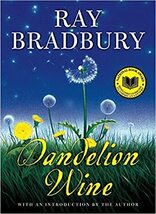
AS I HAVE reread lots of C.S. Lewis for the past two months, I was delighted by his many timely suggestions in An Experiment in Criticism. Lewis truly shuns critics and their systems. He would have us ask what benefit literary criticism offers if each theory presents but one angle. But more than that, the critics have spent so much time developing their critical theories that they just might have forgotten why they began writing about reading in the first place. Tongue-in-cheek, Lewis says we are to leave them, the critics, to their own (now better informed) reactions because “When I inquire what helps I have had in this matter [in understanding what I read] I seem to discover a somewhat unexpected result. The evaluative critics come at the bottom of the list.” I had to laugh aloud at that. Let's all boot the critics! More than anything Lewis reminds us that the value of what we read lies with the reader alone-- For me it stands or falls by its power to multiply, safeguard, or prolong those moments when a good reader is reading well a good book and the value of literature thus exists in actu.” He wants us to think for ourselves and think of what we really derive from our reading. “If we take literature in the widest sense, so as to include the literature both of knowledge and of power, the question ‘What is the good of reading what anyone writes?’ is very like the question ‘What is the good of listening to what anyone says?’ Unless you contain in yourself sources that can supply all the information, entertainment, advice, rebuke and merriment you want, the answer is obvious. And if it is worth while listening or reading at all, it is often worth doing so attentively. Indeed we must attend even to discover that something is not worth attention.” Simply put, if something is worth reading, it is worth our full attention. More than understanding and discernment, though, what we read can reach us in deeper ways than we know. Whether we get out of ourselves or dive more deeply inward, Lewis says that one reason we happily read fiction is because we delight in the stir of our imaginations-- We want to see with other eyes, to imagine with other imaginations, to feel with other hearts, as well as with our own. We are not content to be Leibnitzian monads. We demand windows. Literature as Logos is a series of windows, even of doors. One of the things we feel after reading a great work is ‘I have got out’. Or from another point of view, ‘I have got in’; pierced the shell of some other monad and discovered what it is like inside.” 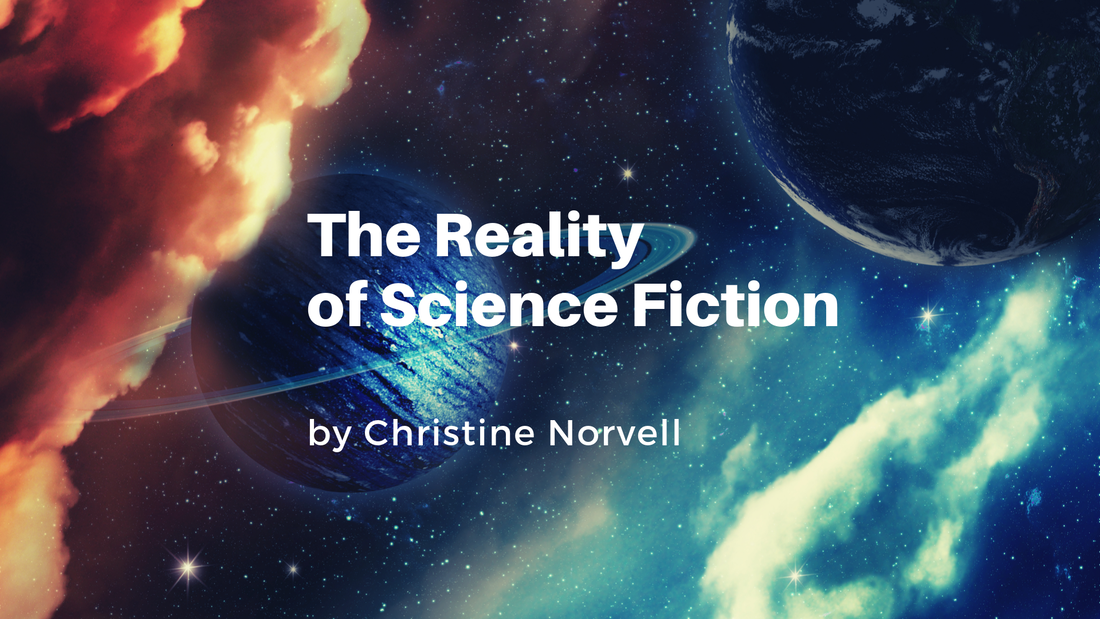 MAN IS THE REAL ALIEN. I reread a few classic short stories this week, one by an American and one by a Frenchman. In each story, man was this dissatisfied creature who couldn't find himself whether on Earth or Mars or Minerva. He tainted everything he touched. Through science fiction as a genre, this avenue of thought is prevalent. It's the best of social criticism, albeit a veiled philosophy-- CAUTION! MAN IS CAPABLE OF MASS DESTRUCTION. It's a disturbing but simple pattern. Humans introduce music or a virus or a bomb and a civilization is forever changed. Consider Alas, Babylon by Pat Frank, a seminal apocalyptic work from 1959. Yes, it deals with the effects of a nuclear war on the small town of Fort Repose, Florida, but it began with an inciting accident in Syria. Post-war life shows the natural and realistic breakdown of society amid its plucky and frequently criminal citizens.
The genre is a simple yet provoking tool. The stories may explore new places and settings but really they depict man's true nature and often the consequence of choice. I have many favorites including Orson Scott Card's series and Isaac Asimov's short stories, but I most frequently recommend the list below:
Share your favorite short or long science fiction reads in the comments section, especially why you love a particular story! MOST OF MY STUDENTS would like to do other things than read a few chapters of required reading of an evening. For any literature teacher, what’s worse is that they can easily find free poem, chapter, novel, and play summaries with great ease online. After all, summaries are so much shorter, aren’t they? So one of my first tasks of the year is to appeal to their integrity with a lesson from the Psalms. Let’s start with this. If I read a summary of a chapter in the Bible, what do I lose? Consider Psalm 23. This version comes to us from Shmoop-- The Lord (God) acts as a shepherd to the speaker. He makes sure the speaker isn't lacking any necessities. The Lord takes the speaker to peaceful and relaxing places, like green fields and calm waters. He also tends to spiritual well-being, making sure that the speaker stays on the right path. ...This happy state of affairs will continue for the rest of the speaker's life, and beyond. He doesn't ever plan to leave the protection of his host and shepherd. It is a summary, but where’s the richness? Where is the personal sense of me being the sheep? Adonai is my shepherd. He’s not a neutral speaker unless David somehow knew of political correctness. What happened to vivid verbs like leads, guides, refreshes, comforts?
With David, I feel the certainty of his prayer. Adonai prepares a feast before me publicly in the presence of my enemies. How is that a "happy state of affairs"? Does the summary even capture the essence, the flavor, the mood of David’s perspective? I am anointed by God, and his love and goodness practically chase me. I know like David that I can abide with God, dwell with Him. Not leaving his protection sounds so shallow. This type of example is simple and clear. It's more than a matter of wording. It's as if the summary reduces not just the number of words but the intention and truth behind them. The experience of reading the word of God simply cannot be redacted or it's no longer reading the word. In the same way, the experience of reading literature is just that—an experience. Shortcuts cheat us. The wealth of reading remains with us just like living moments do. Reading allows us to walk through, to live beside, to express, to imagine within the lives of others. From the first moments when we meet Douglas Spaulding, we know his life is one of imagination and adventure. In Dandelion Wine, Doug is tantalized by the summer season, and his full-bodied experiences entice the most reticent reader to enter again into a season of discovery. One of the most notable elements of Bradbury’s fiction is this ability to depict the wonder and sometimes the harsh reality of childhood through experience and imagery. We can relive our own childhood awakening through Douglas’s first summer moments. Riding in his Dad’s car through the countryside, Doug declares that Some days were good for tasting and some for touching. And some days were good for all the senses at once. This was that day for Doug where he literally became aware of every sight, sound, and taste about him in the woods. I, too, have shared in some of those childhood experiences. I remember going on fishing trips with my father and big sister in the early Mississippi morning hours to a local pond or practically anywhere we could drive his 1971 Chevy truck under an hour’s time. Even at five or six years of age, I could bait my own hooks with crickets and worms. The problem was that I was easily distracted by the wonder of where we were. I could sit on a bank and doodle my bobber in the water for a time, but almost always, I would leave my pole and wander a dirt path or two, investigating for critters or anything I couldn’t catch in my own backyard. Some days were good for tasting and some for touching. And some days were good for all the senses at once. 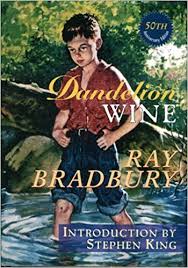 For me, the freedom to explore my little unknown habitat, even for a morning, was a treasure. I could sit still and listen to the wind in the pines, the jays and their squabbles, the plunk of bullfrogs for what seemed an infinitesimal day. I could close my eyes and just feel the aliveness around me, the breeze, the humid liquid air, the sense of a twig in my hand as I dug in the dirt. Like Doug, I could then open my eyes and know that absolutely everything was there. The world, like a great iris of an even more gigantic eye, which has also just opened and stretched out to encompass everything, stared back at him. It’s the utter sense of being fully awake and being wholly part of a place and moment in time. Though Doug begins his summer declaring I want to feel all there is to feel, he soon discerns that time is slipping quickly by: The only way to keep things slow was to watch everything and do nothing. Through the experience of life and death in the town and their family, Doug and his brother realize that happy endings don’t always go with summer, but it is a part of awakening to life. 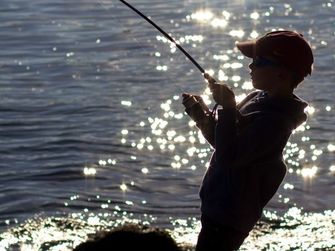 Photo by Holger Link on Unsplash Photo by Holger Link on Unsplash On one of those same summer fishing days, I remember my first experience with death, and it too, startled me. I had been fishing with a juicy worm in the hot sun without luck when I suddenly felt my bobber jerk deep. I hollered for my dad who ran to help me pull the fish in. It was a red snapping turtle instead, and it was huge to my small eyes. As fascinating as it was, it wouldn’t let go of my big worm even though my dad tried to get it to bite a stick instead. That was one aggressive turtle, and it wouldn’t let go of that line. My dad later said that the turtle had never swallowed the bait nor hook but was just plain ornery. Though I was fascinated by their tussle, my dad shouted at me to get back, then he tried again to get that turtle to grab the stick, and it did. As soon as it crunched, my dad whipped out his Bowie knife from his boot and cut off its head right where it had extended its neck. I was mortified and sickened, for I had caught many a tiny box turtle in our yard as a pet kept for weeks at a time, and I sure didn’t understand my dad’s reaction. I just sat down in the dirt and cried out of pure shock as my dad flung the parts in the lake. Like Tom who saw a different part of his mother’s character one night at the ravine or like Doug who loses a friend to a move or as both as they lose neighbors and their own great-grandma to death, so many changes come at unexpected times, and something as pleasant as a summer day can devolve into horror and grief. The wonder and simple pleasures of summer then can not only be contagious at times as we revel in creation and experience, but also tempered by the realities of life and death. originally posted 3/31/17 I FEEL LIKE I'M ALWAYS READING with plenty more to read, but I don't think I would ever describe myself as a well-read person. I have a feeling I'm not the only one too. I like reading and learning, plain and simple. I thought I'd share bits of my summer stack from last year. My stack is incomplete without my Kindle reads, but it's a fair representation. Here are my categories: 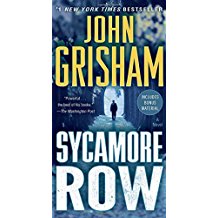 FAVORITE LIGHT READS.
|

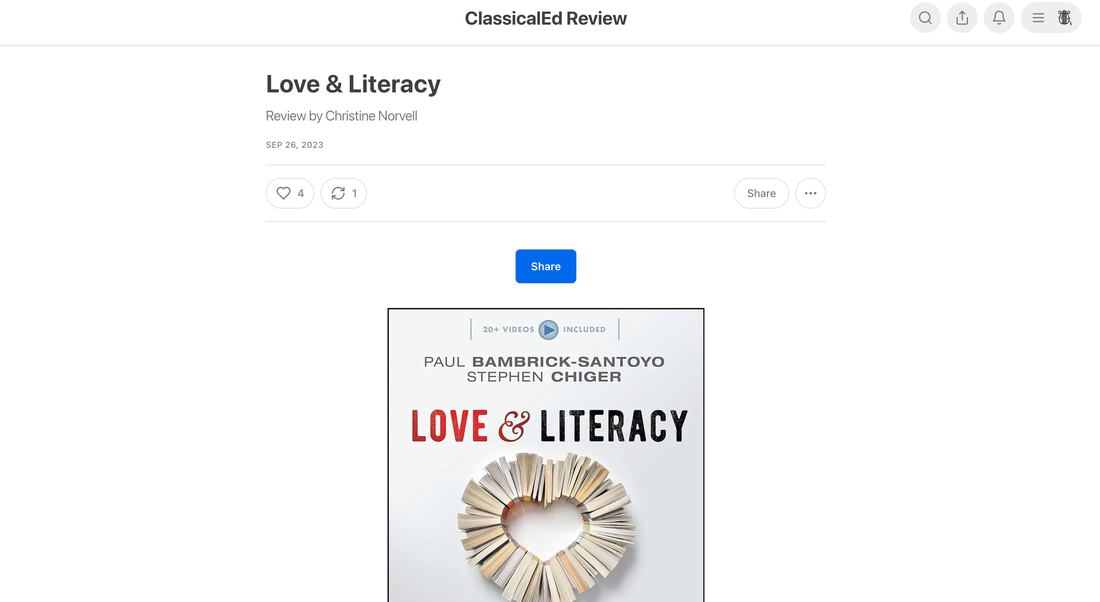
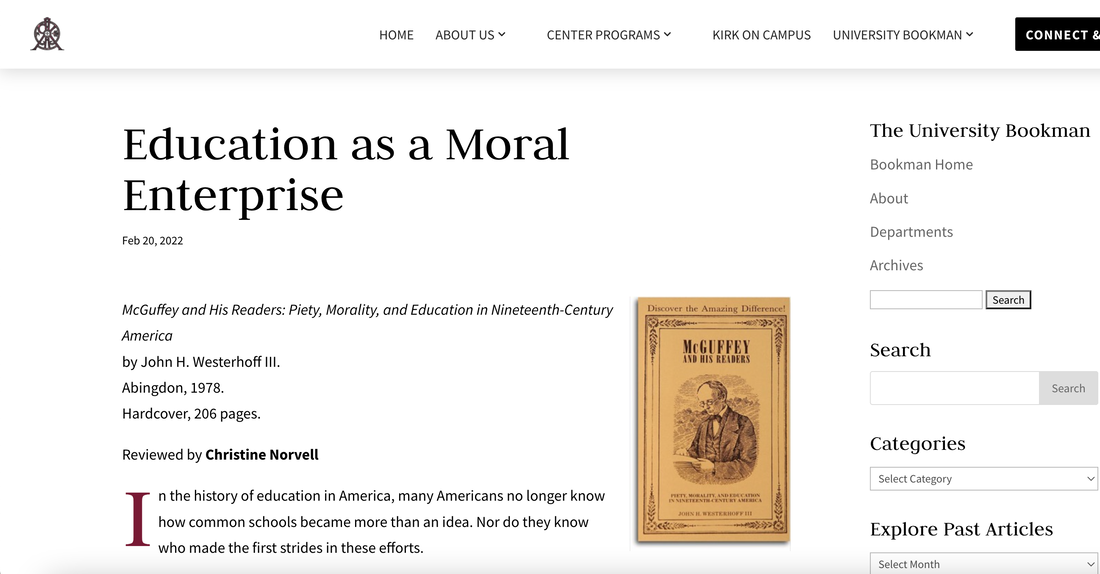
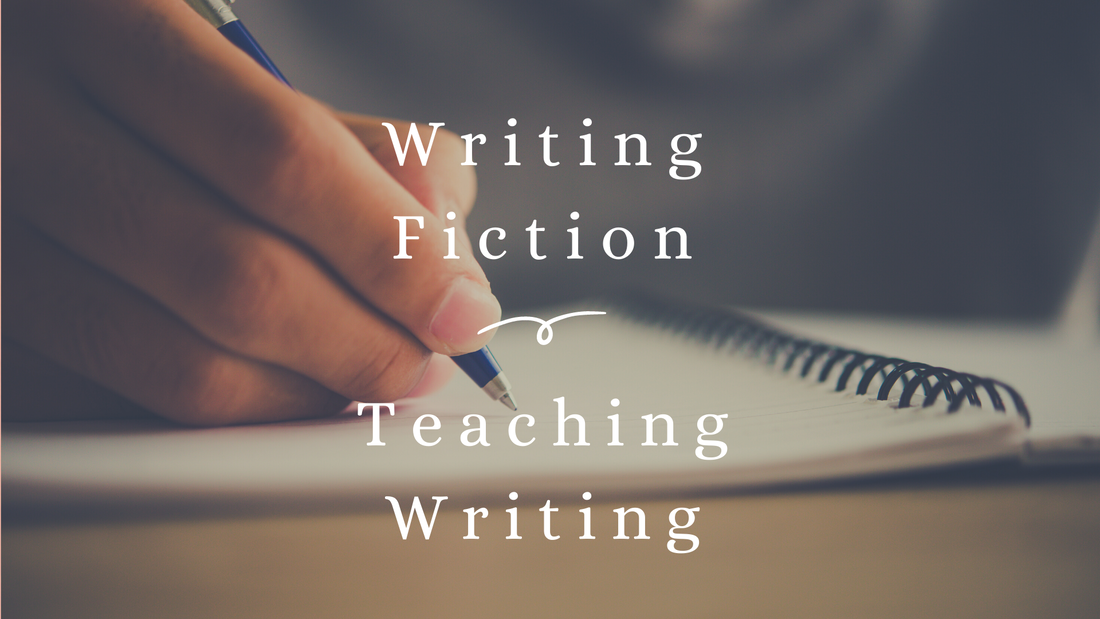
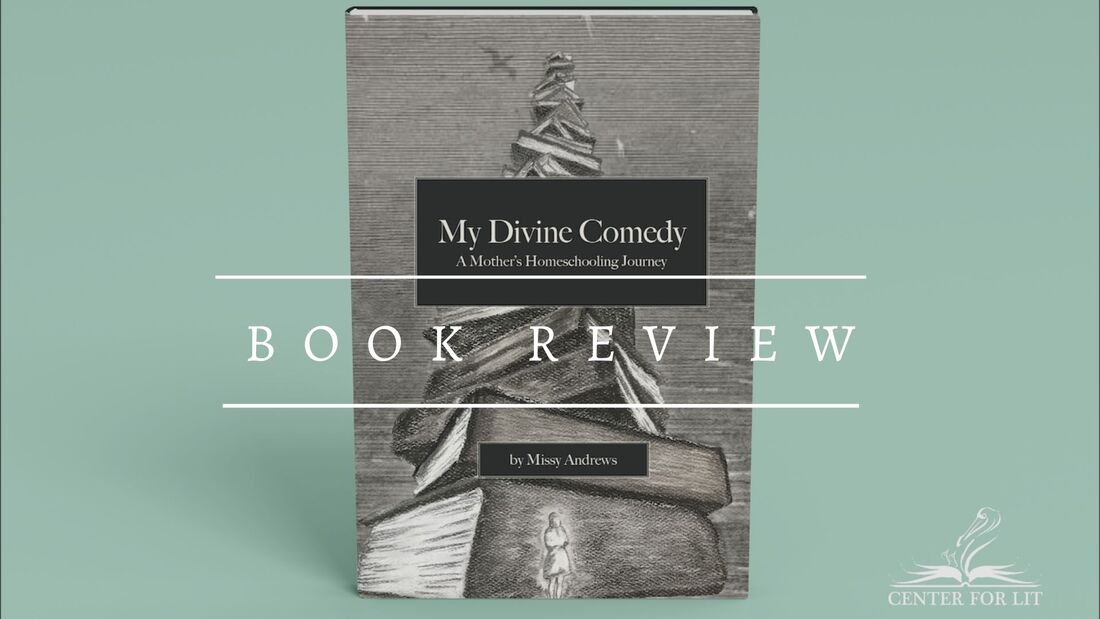
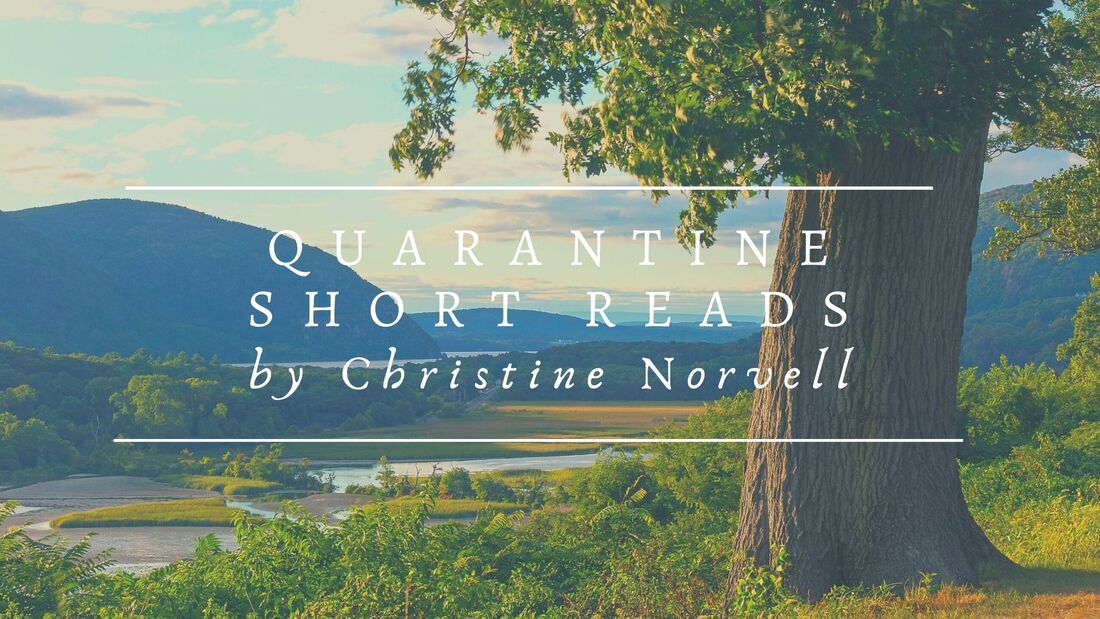
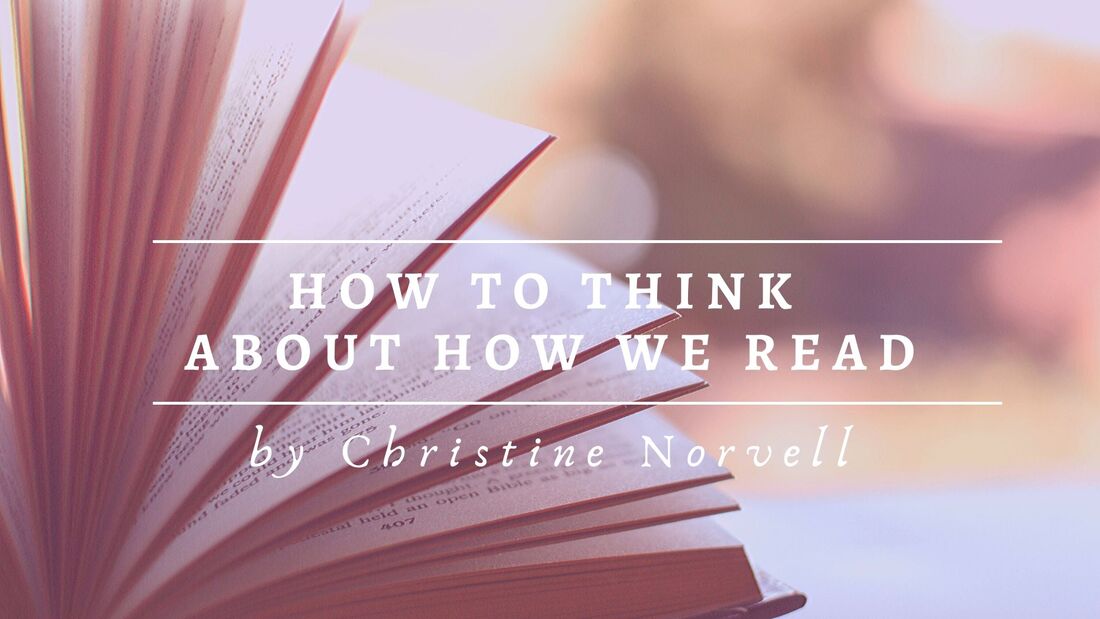
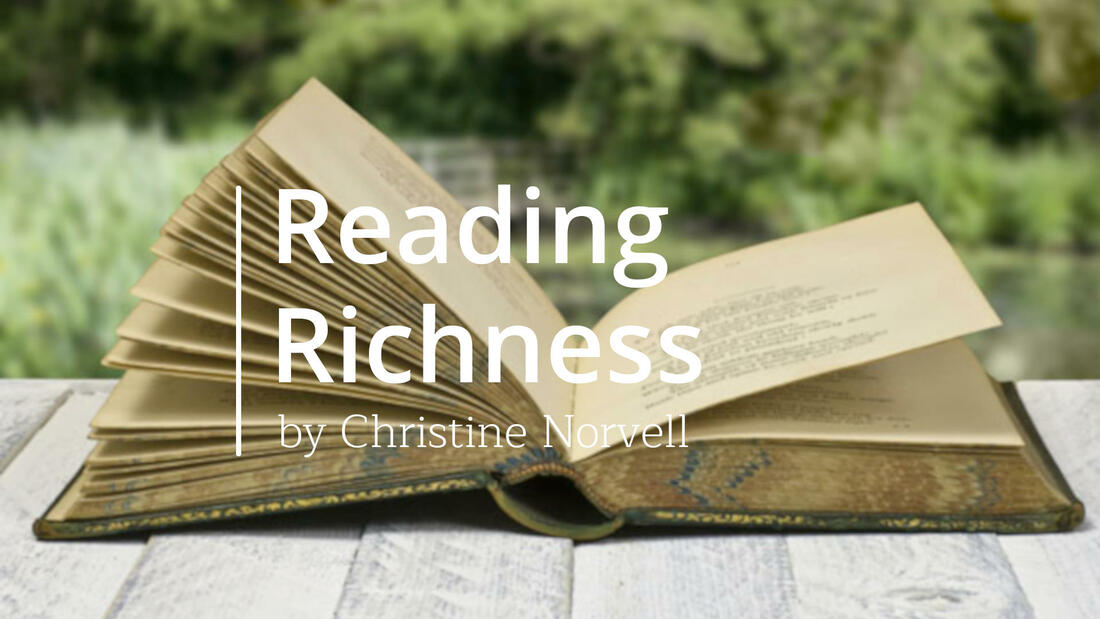

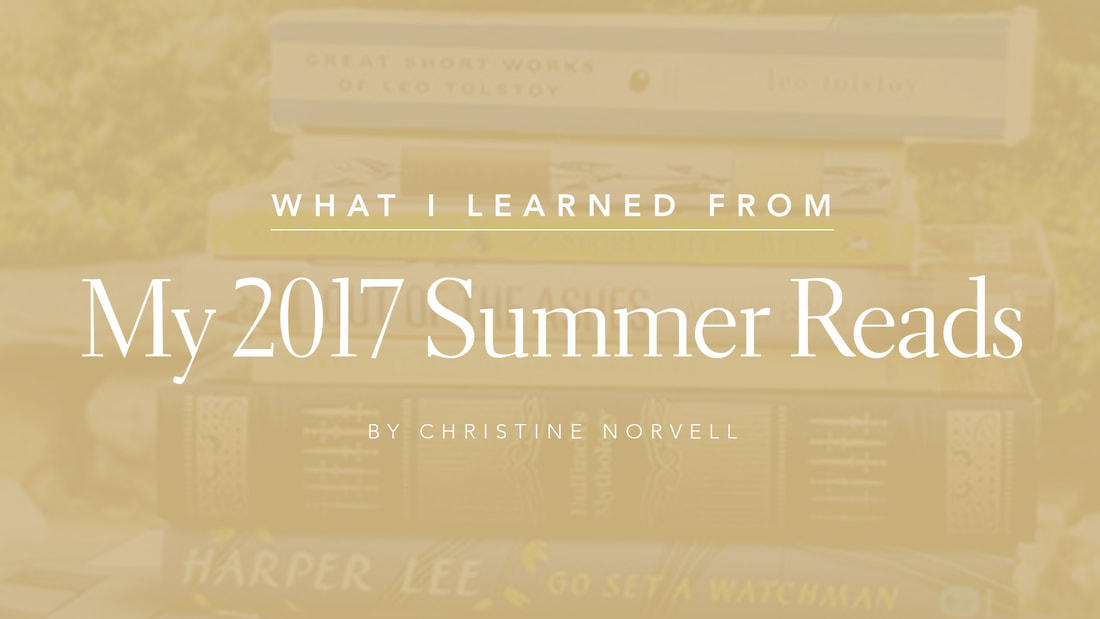
 RSS Feed
RSS Feed